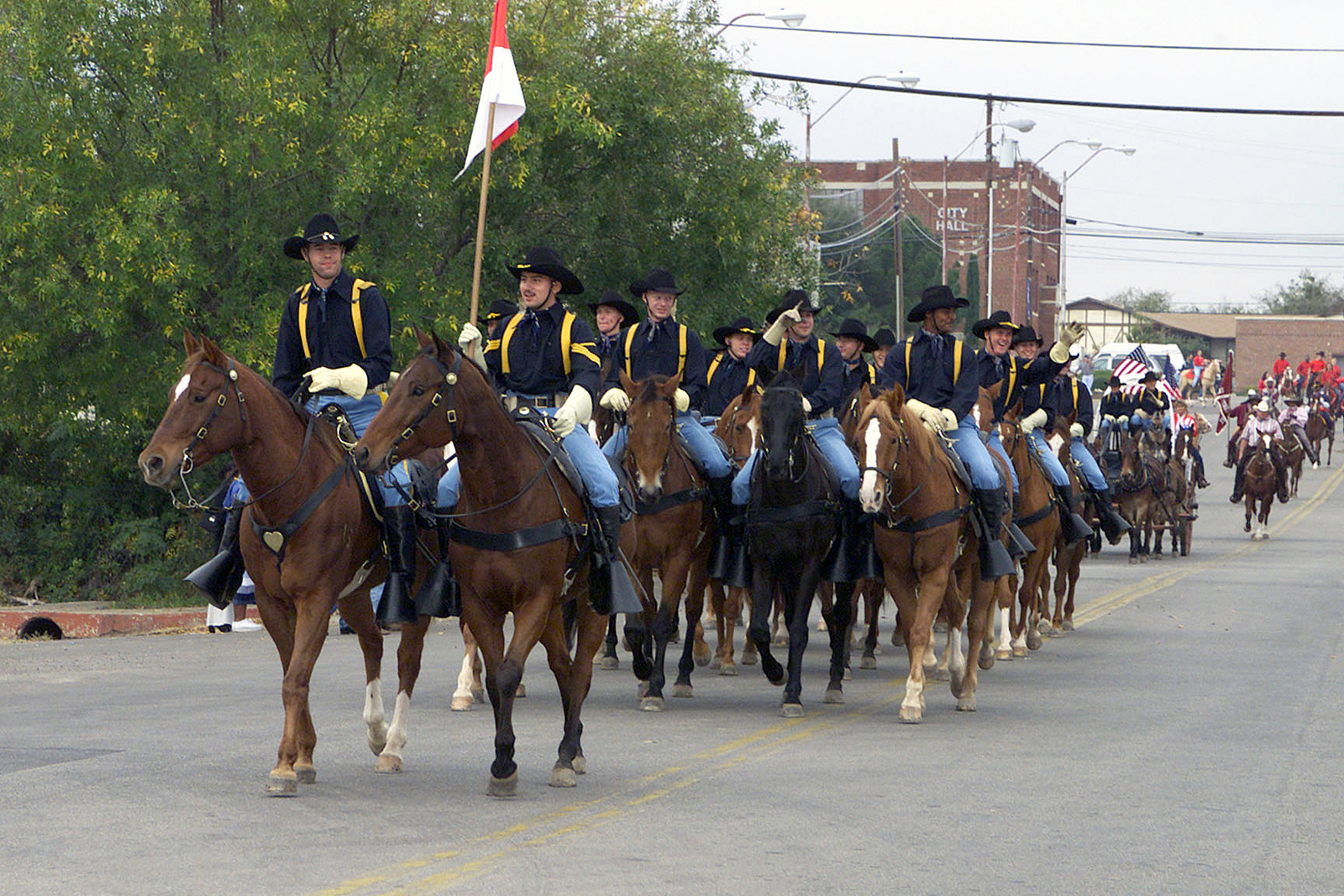
What would make your principal role better?
If you wave a magic wand and remove the ‘but’ that floats alongside any honest conversation regarding the desirability of the principalship role, what changes?
. . .
Right now we are pushing for improvements to our employment contracts. Money and conditions (workload/sustainability). These things are outside of our direct control and we rely on our employer to improve them or not. Let’s briefly look at this.
Money – everyone in every job wants more money. It’s a given in employment negotiations that the workers will ask for more. Though after a certain point, this negotiation is always about relativity. (There was an excellent post about this written recently on the NZ Principals’ Facebook page by Callan Goodall. Callan draws a line between a person on the new minimum wage, a beginning teacher, an experienced teacher, and a principal – read it if you have access.)
Relativity shows how roles are valued and is where ‘the rubber hits the road’ when all the nice and affirming words are over. And in New Zealand, the relativity between a principal role and other education roles has become a joke. Based on money, it makes no logical sense to keep doing, or aspire to, principalship. This is particularly true if considering a U1 or U2 role (these are small schools in NZ) where an experienced teacher is often paid more outright.
Workload – various groups have been collecting data on this somewhat subjective metric and regardless of what the total workload is (and it’s huge), the bit that worries me is that it is increasing (see The New Zealand Primary Principal Occupational Health, Safety and Wellbeing Survey 2021, Deakin University). This latest data set, which has been repeated annually since 2016, shows that both the sheer quantity of work, and the pace that it needs to be done, are at the highest levels reported. Which leads us to sustainability.
Sustainability (yours!) – this is reflected in the number of people aspiring to do the job and then choosing to stay in it. Well . . . a statistic that is being shared currently, is that 60% of Auckland principals are in their first 5 years in the role. Sixty percent!! More than half of school leaders being inexperienced in our largest city does not reflect a job that the majority find sustainable. It means people are voting with their feet and it would be something that worried me deeply if I was the Minister of Education. When local principal jobs are advertised (and that’s frequently at the moment), schools are struggling to attract applicants – sometimes they have to advertise multiple times. Anecdotally, the situation is similar across the country.
I think it is fair to say that improvements to each of these areas is needed urgently.
The question is, will the Government and Ministry of Education, do anything?
. . .
I apologise for painting a fairly grim picture above, but the current contract negotiations are on my mind and while we wait with bated breath for Government intervention, history shows that the cavalry are still very unlikely to be coming, so the way forward, the positive response, is to put our thinking into the ‘how’ of what we do each day.
How many hours do you choose to work daily?
How much exercise do you prioritise weekly?
How much time do you allocate to a passion hobby/whanau/friends each month?
How?
I know that you can’t simply choose to work 5 hours per day, or go for a walk every lunchtime, but you absolutely can change the parameters of these type of ‘how’ factors to make the job you value (because you’re still in it), better.
And if you do choose to make some healthy changes, don’t neglect to take others at your school with you. Alone you’re a rebel, together you’re building the new status quo.
Dave
Anonymous says:
Great entry – I am starting to realise there will be no cavalry riding in to save the day…the change nmeeds to come from individuals doing the mahi each day.
40hourprincipal says:
Thanks for reading, and I would add that we need to develop the systems around us in our kura that support us! Dave